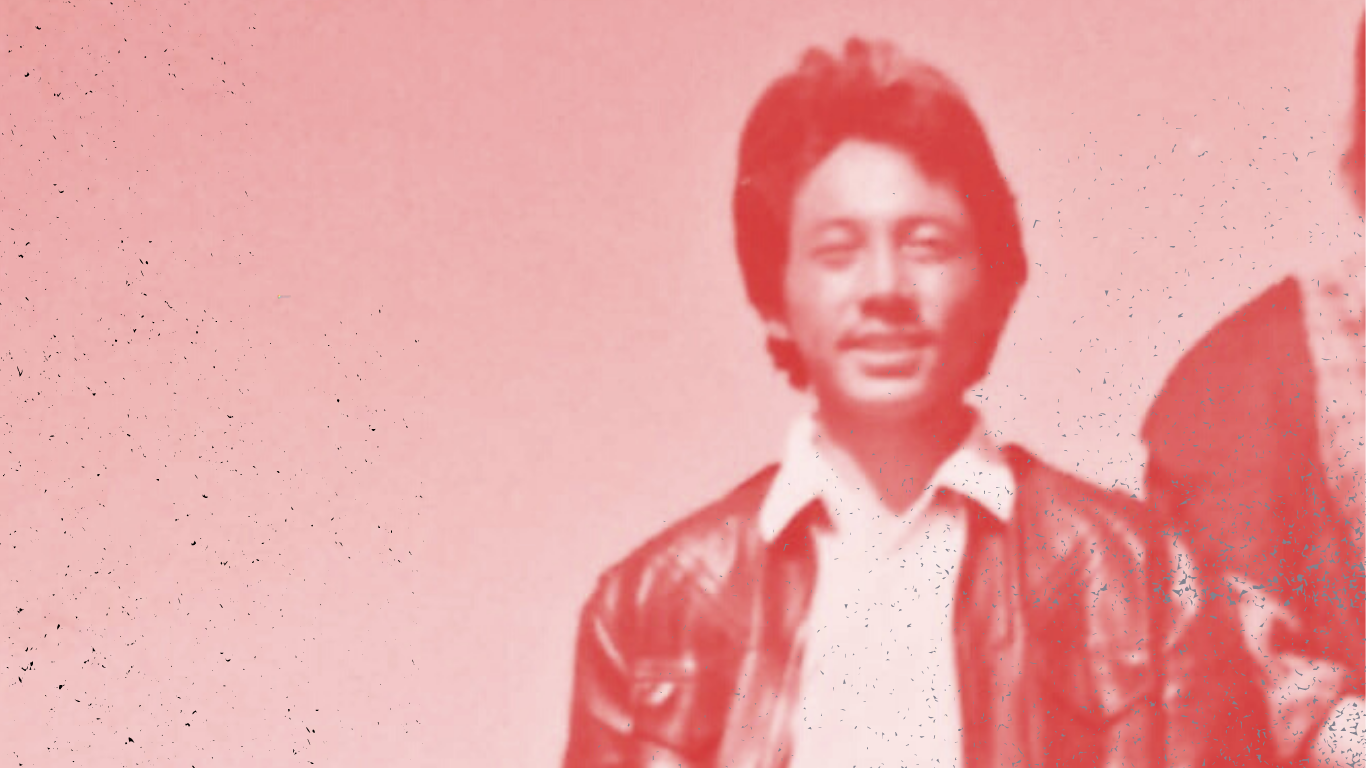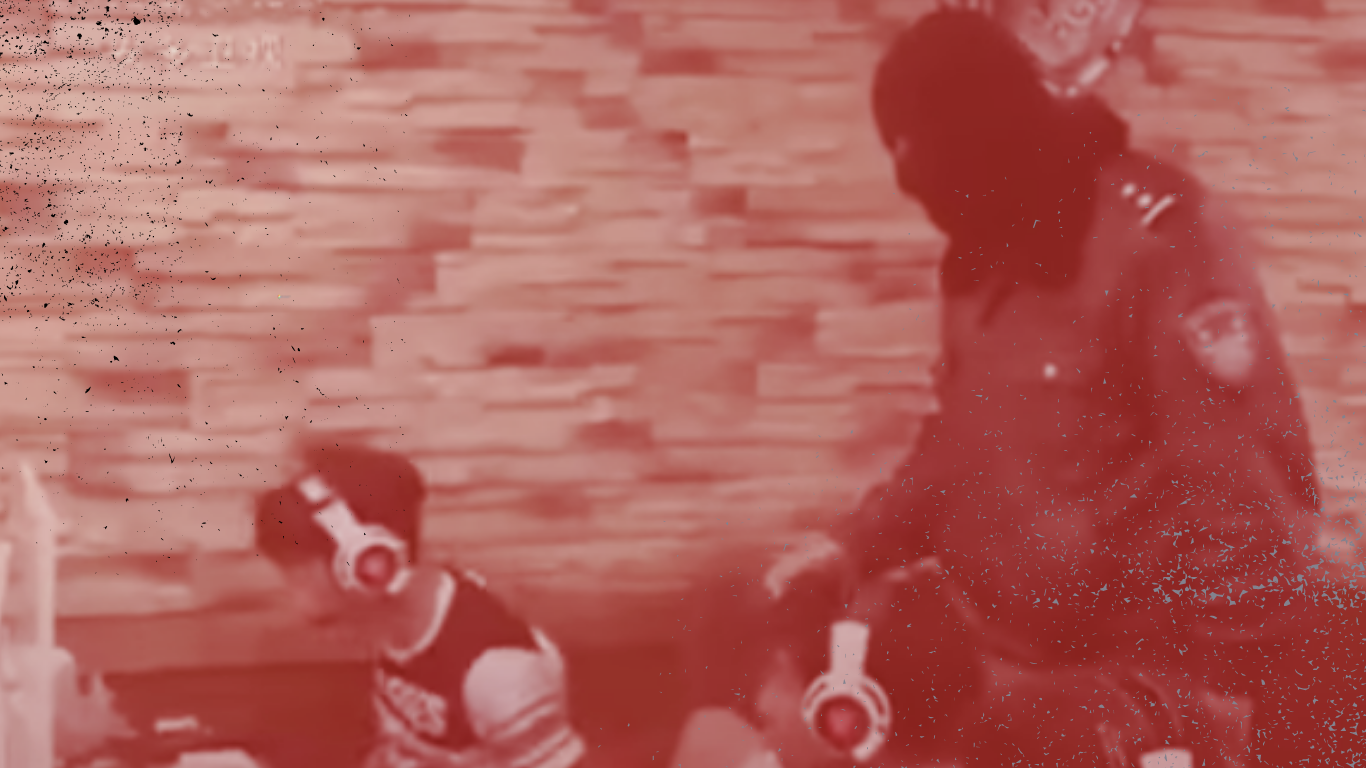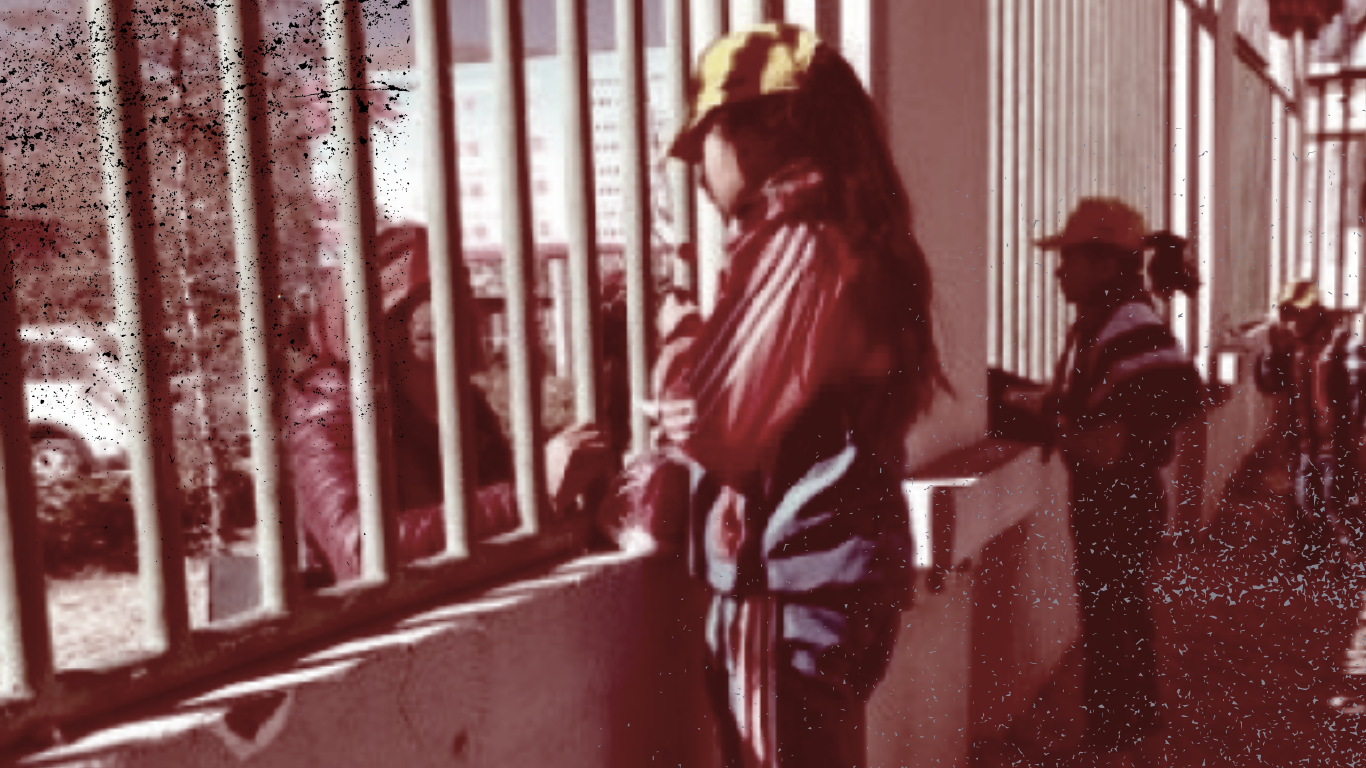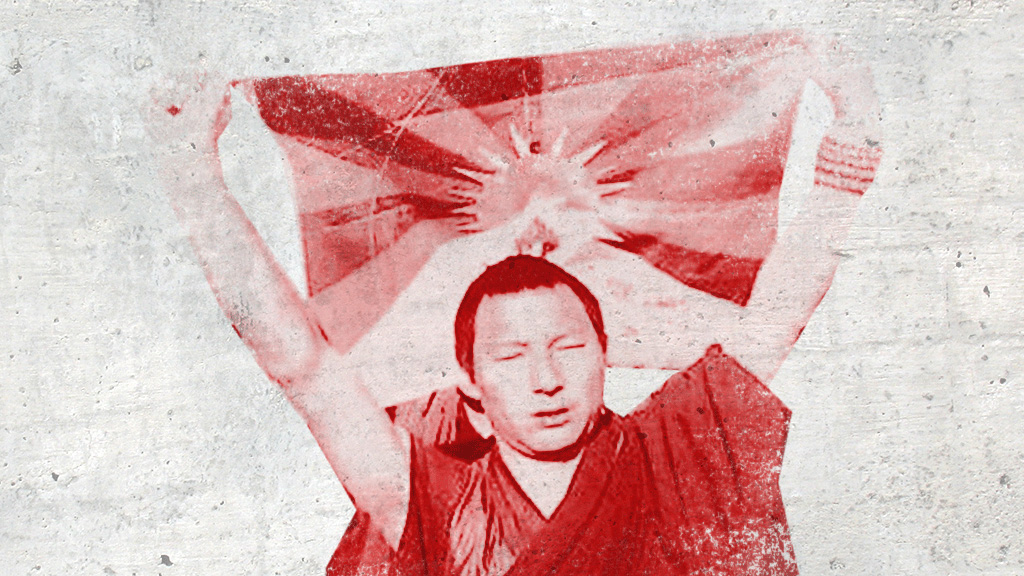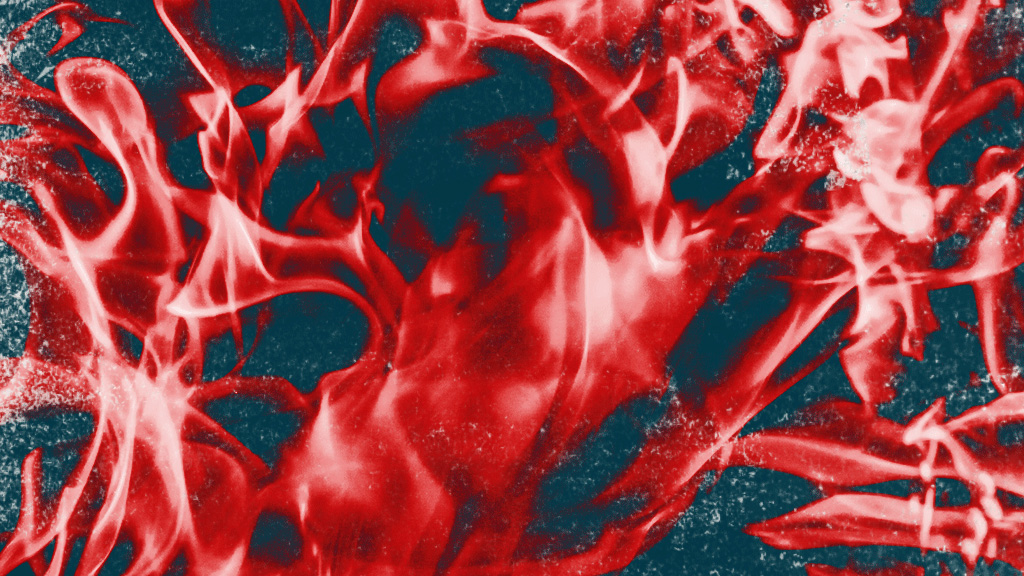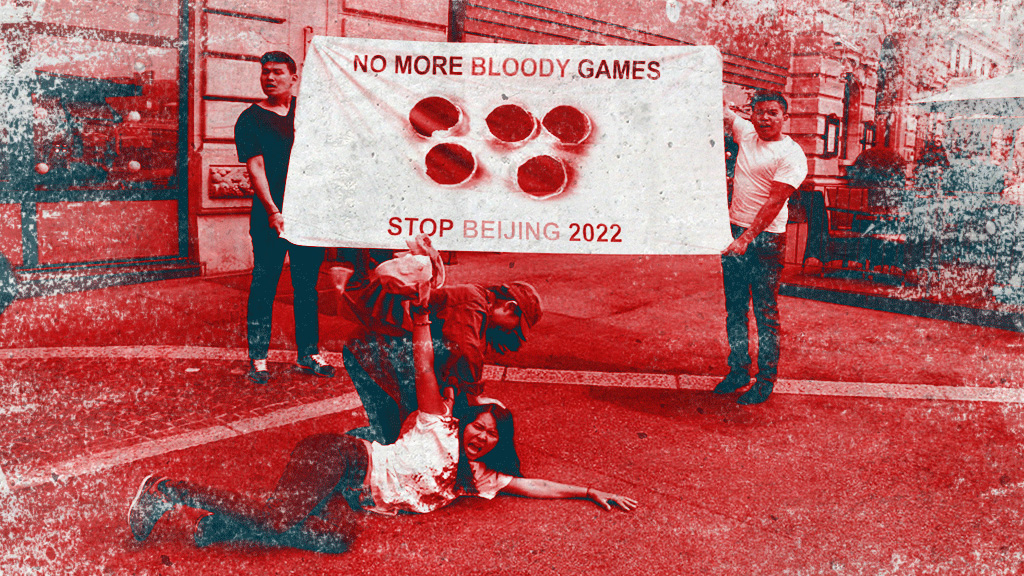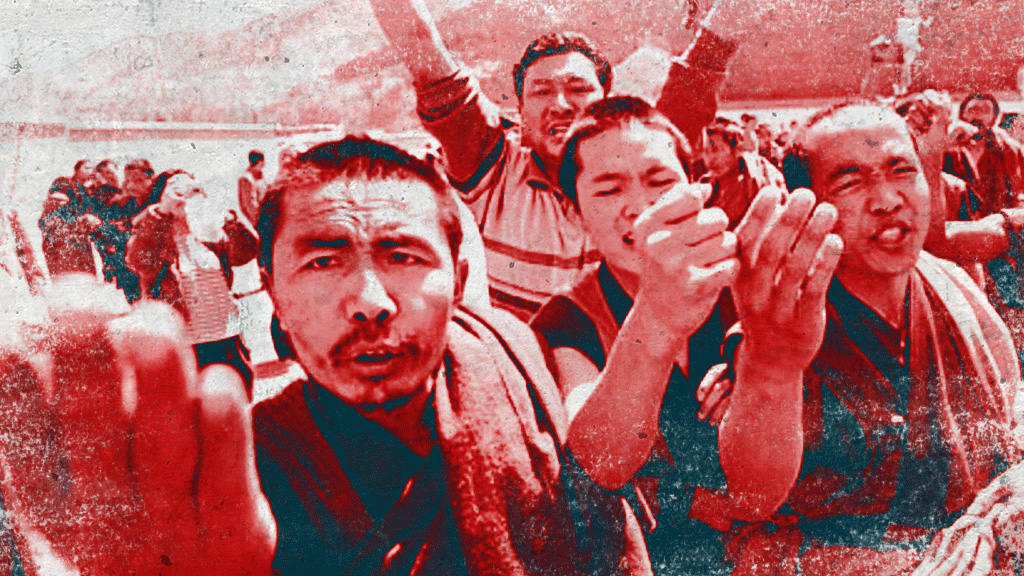It's been one years since, more than 1,000 Tibetans, including monks, were arrested following protests against the building of a hydropower dam on the Drichu River in Kham, Eastern Tibet, which will forcibly displace residents of two villages and...
China faced an unprecedented challenge to its human rights violations in Tibet during its 4th Universal Periodic Review (UPR) Review in January 2024, in what Tibet advocates hailed as a “landmark” session at the United Nations.
At least 20 UN...
China is accelerating an elaborate strategy to co-opt the reincarnation of one of the world’s best-loved and most deeply revered spiritual leaders, His Holiness the 14th Dalai Lama. The Dalai Lama is the most important religious and secular figure...
Rights experts have analysed that torture in Tibet is endemic and is used systemically and routinely by Chinese authorities against Tibetans in custody. An alarming number of Tibetans continue to die in custody or shortly after release from detention,...
Chinese government’s tolerance for Tibetans’ rights has diminished dramatically in recent years and we have seen a marked increase in state control over everyday life, an escalation in the criminalization of nonviolent forms of protest, and a heavy crackdown...
Chinese government policies are forcing three out of four Tibetan students into a vast network of colonial boarding schools, separating 800,000-900,000 children aged 6-18 from their families and communities. This number does not include an additional, unknown number of...
Large protests continue sporadically across Tibet but Tibetans have sought new ways to defend their identity and basic rights; environmental protection, student protests, cultural resistance with music, poems and writings celebrating Tibet's culture and nationhood.
In February 2009 a young monk named Tapey set fire to himself in Ngaba, eastern Tibet.
Over the next 9 years, more than 150 Tibetans in Tibet self-immolated, protesting China’s rule in Tibet, the majority dying as a result.
China hosted the 2008 Summer Olympic Games in Beijing. Pro-Tibetan protests took place around the globe including in Beijing.
Tibetan Uprising - Protests broke out in Lhasa and rippled across Tibet. Hundreds of Tibetans were killed and over 2,000 arrested.



